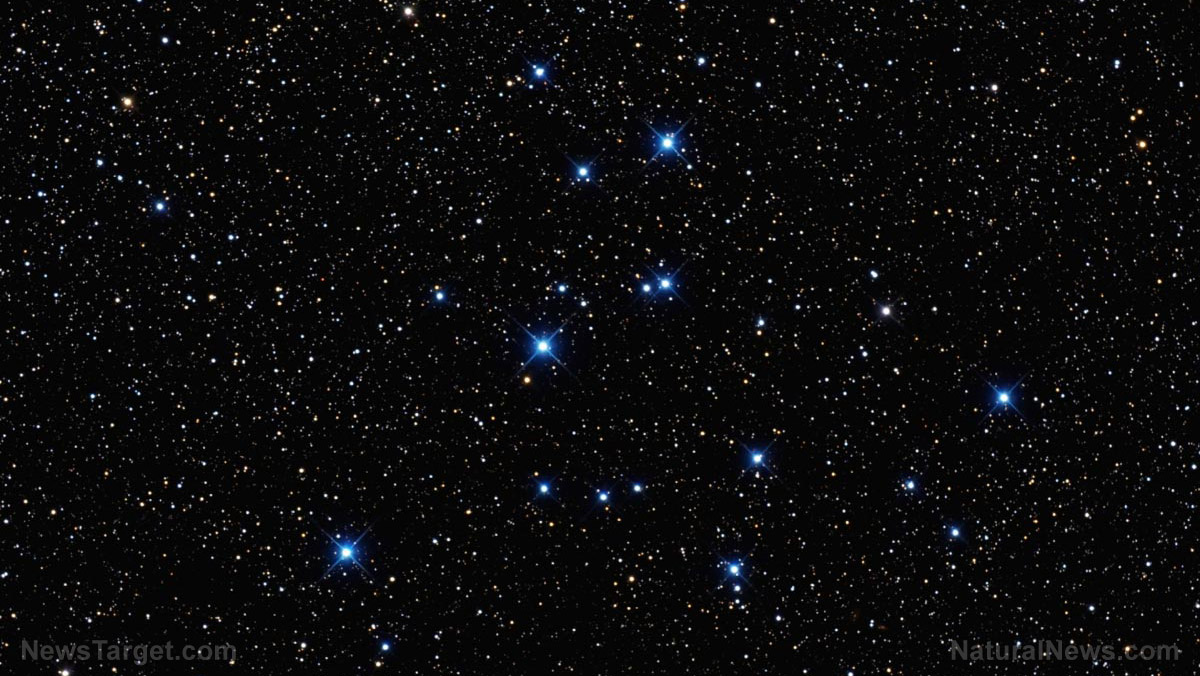Light pollution is a growing problem: What you can do
06/02/2018 / By David Williams

If you are a casual stargazer, then you’ve probably already spent at least a few hours one random night trying to make out certainly celestial bodies with nothing more than just your naked eye. After all, you can’t get more casual than using no stargazing equipment at all. And for many people, this kind of setup brings the most fun, as they can do it in a relaxed atmosphere with people they know like family and friends.
The problem with continuing casual stargazing, however, is that there are days on which it’s just impossible to do. And the biggest reason for this is light pollution, the phenomenon wherein the night sky gets brightened artificially – and often far too much – by street lights and other man-made light sources. This may seem innocuous at first but it has a rather disruptive effect on natural cycles and also prevents easy observation of stars and planets on the dark sky background.
Light pollution is a problem that happens in many major cities across the world. In a recent piece for Space.com, Joe Rao talks in detail about the harmful effects of light pollution not just on casual stargazing but on a few other things as well.
According to Rao, “millions of precious watts” of electricity are wasted all throughout the country due to what he describes as poorly designed streetlamps, which contribute to light pollution. He also laments about the state at which the “night sky” gets treated by the public, even though it’s something that directly affects each and everyone on Earth.
Rao names a few examples of how light pollution can be harmful to humans. The wildly wasteful energy consumption is only the first one.

He brings up an earlier report where it was shown that 22,000 gigawatt-hours are wasted due to light pollution each year. That’s worth about $2.2 billion wasted every year which could have been avoided.
Another example mentioned by Rao is the negative effect on wildlife. It is said that animal species that are migratory and usually make their journeys at night find the artificial lightning quite problematic. As a report from CityLab.com noted, “Lights on skyscrapers, airports, and stadiums draw birds into urban areas, where they smack into walls and windows or each other, or flap around and eventually perish from exhaustion-related complications.”
Finally, it has broad negative effects on humans as well. A recent scientific article published in the journal Environmental Health Perspectives, as well as few other studies published over the past couple of decades have shown that artificial lightning can have devastating impacts to the human body, which tries desperately to keep its own internal clock running despite all of the external forces acting against it.
So is there anything that can be done to avoid or prevent all of these problems in the first place?
Rao says in the case of LED lighting in particular, yes there is. Some of the ways he mentioned include using proper shielding that can help direct all light downwards, instead of upwards where it isn’t necessary. He also suggests switching to so-called warm white LEDs, which have minimal blue emissions. Another suggestion is to simply avoid using extra lights altogether. The less LED lights there are around, the better, especially at night.
You can also join certain groups that are trying to spread the message about the negative impact of light pollution across the planet. Every little move you make can help make the world a better place, peering into the skies a lot easier, and light pollution that much less of a problem.
Learn more about the environmental impacts of light pollution at Environ.news.
Sources include:
Submit a correction >>
Tagged Under:
This article may contain statements that reflect the opinion of the author





















